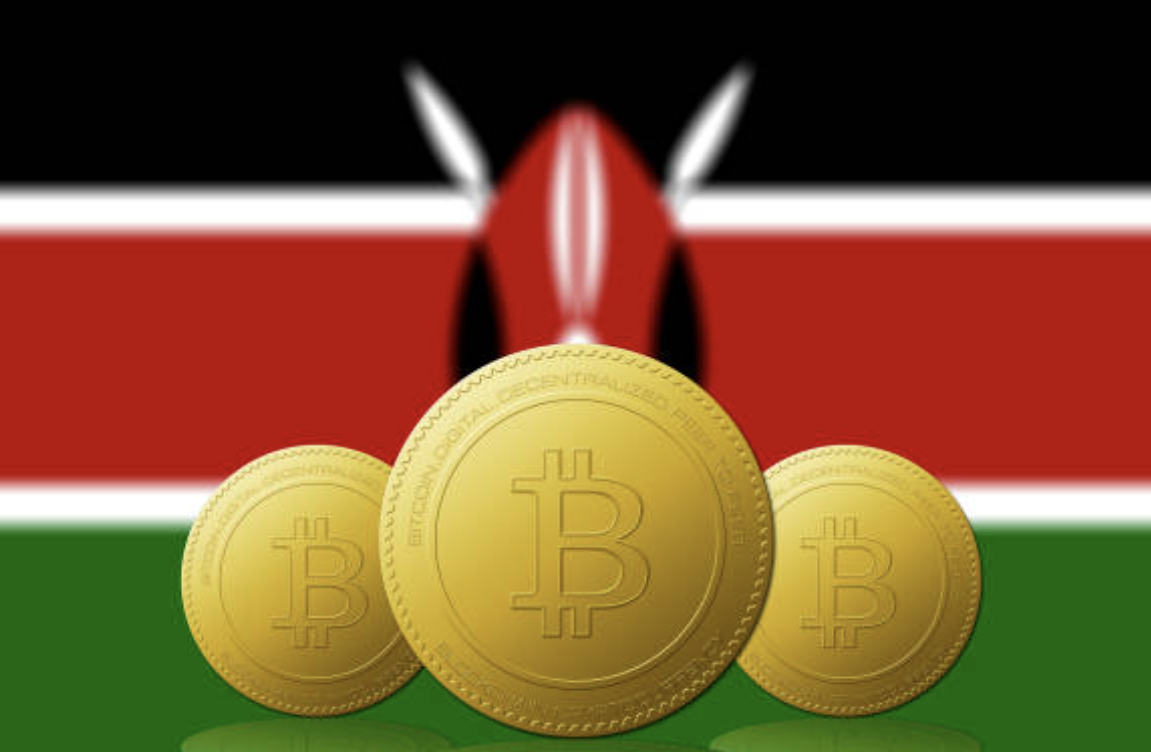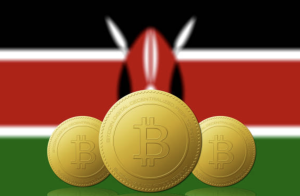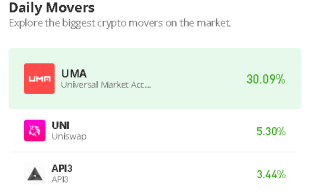Join Our Telegram channel to stay up to date on breaking news coverage
The National Treasury of Kenya, which is responsible for the country’s finances, has recommended a 3% tax on the transfer of digital assets for the upcoming budget year, as per a report by Bloomberg.
Kenya’s Cryptocurrency Market Faces Implications with Proposed Tax on Digital Asset Transfers
This proposal was presented to lawmakers and is expected to be part of the budget to be unveiled on June 8. The Finance Bill 2023 defines digital assets as anything of value that lacks physical form, which encompasses cryptocurrencies, token codes, and numbers held in digital form that are created via cryptographic means or other techniques.
Non-fungible tokens or similar tokens, as well as revenue generated from digital asset transfers or exchanges, are also included in the bill.
Kenya has shown considerable interest in cryptocurrencies, with about 8.5% of the population or 4.25 million people owning digital assets. This puts Kenya in fifth place in terms of global cryptocurrency adoption, according to the United Nations.
However, the country has not yet formalized any regulations for the cryptocurrency industry, and the proposed tax on digital asset transfers does not necessarily legitimize the space. This is a strategy that other countries have recently adopted.
In 2022, Kenya elected William Ruto as president, while the regulators had not yet proposed any specific cryptocurrency rules. President Ruto was believed to be more positive toward cryptocurrencies than his rival, Raila Odinga, who lost the election.
Later that year, lawmakers considered a bill that would allow for the taxation of cryptocurrency exchanges, digital wallets, and transactions.
The Finance Bill 2023, as reported by Kenyans.co.ke, defines a digital asset as anything of value that is not tangible, including cryptocurrencies, token codes, and numbers held in digital form and generated through cryptographic means or otherwise. It also encompasses non-fungible tokens or tokens of a similar nature and income derived from digital asset transfers or exchanges.
The proposed 3% tax on digital asset transfers in Kenya is part of the Finance Bill 2023, which defines digital assets as anything of value that is not tangible.
The proposal of the tax on digital asset transfers in Kenya reflects a global trend of regulating and taxing the cryptocurrency market.
While Kenya is considered to have a relatively high adoption of digital assets, the regulatory framework for cryptocurrency has not yet been formalized. It is anticipated that the proposal of a tax on digital asset transfers will have significant implications for the cryptocurrency market in the country.
Although the proposed tax does not legitimize the digital asset space, it aligns with a trend seen in other countries. The budget including this proposal is expected to be presented on June 8.
Kenyan Content Creators to be Impacted by Proposed Digital Economy Taxes
Kenya’s proposal to introduce new taxes targeting the digital economy has drawn attention from around the world. The move is aimed at increasing domestic revenue and addressing the country’s fiscal deficit, which has been exacerbated by the COVID-19 pandemic.
The proposed taxes include a 3% tax on the transfer or exchange value of digital assets and a 15% tax on online earnings for content creators. These taxes are set to take effect on July 1, 2023, pending approval by the country’s parliament.
Cryptocurrency exchanges and those involved in facilitating the transfer or exchange of digital assets are expected to be impacted by the proposed tax regulations. These parties will need to retain tax deductions and transfer them to the country’s tax authority within a 24-hour period. It is important to note that prior to transferring any deductions, exchanges will need to register with the tax authority.
Kenya defines digital assets broadly as anything of value that is not tangible, including cryptocurrencies, tokens, and non-fungible tokens.
Despite the Kenyan government’s previous warnings about the risks associated with cryptocurrencies, the country has become a leader in peer-to-peer transactions involving cryptocurrencies. Kenya is Africa’s top country in terms of cryptocurrency adoption, followed by Nigeria.
The proposed tax on online earnings for content creators is also significant. Content creators who partner with brands or retailers to make content or promotions, as well as those earning income from affiliate marketing, will be subject to a 15% tax.
This tax will also apply to income from membership programs, licensing content, crowdfunding, and merchandise sales. The definition of a content creator includes those who offer entertainment, social, literary, artistic, educational, or other material electronically through websites or social media platforms.
The Kenyan government’s shift towards softening its stance on crypto has been significant in recent months. While the government does not currently recognize cryptocurrencies as legal tender, it has proposed to work on a legal framework for crypto assets. The proposed tax regulations may be seen as a further step towards legitimizing the use of cryptocurrencies in Kenya.
Kenya’s intention to levy new taxes on the digital economy is aimed at boosting domestic revenues and tackling the country’s fiscal deficit. These taxes will have an impact on various entities, including cryptocurrency exchanges, facilitators of digital asset transfers, and online content creators earning income.
Additionally, Kenya’s increasing interest in cryptocurrencies, combined with the government’s willingness to develop a legal framework for crypto assets, indicates that the country may soon emerge as a leading player in the digital economy within Africa.
Related Articles
Join Our Telegram channel to stay up to date on breaking news coverage


